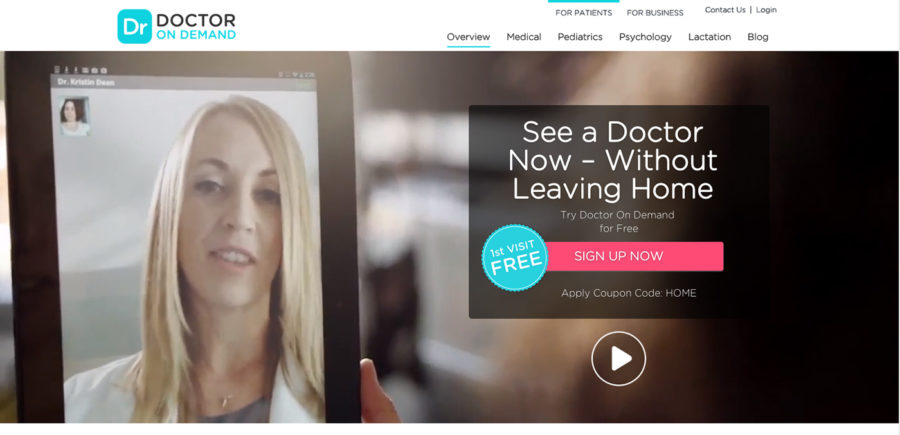Carstens: Mobile apps help people deal with depression
Columnist Carstons highlights the benefits of apps that deal with issues regarding depression.
October 13, 2015
Depression is the second most common disability in the world. As we speak, psychologists are looking to find an answer as to why, but many argue that a cure will never be found, only ways to cope.
Apps are currently available for download and are great additions to society because they conveniently help a large amount of people who have depression.
These apps are kind of like a dialysis machine for patients undergoing kidney problems. The problem isn’t cured, but they both help prevent the illness from getting worse — they are convenient preventative measures.
Many psychologists prescribe the most helpful forms of treatment are going outdoors, seeing people and being active. Apps offer some of the best forms of therapy for patients because, like being outside and seeing people, these apps incorporate a social aspect, such as talking to doctors or people who have similar problems.
I went into my Android phone’s app store and discovered that searching the word “depression” results in more than 100 individual apps that are designed to deal with depression-related topics.
Roughly the same amount show up in the iPhone App Store. These apps are called behavioral intervention technologies and are supposed to combat negative thinking patterns.
One of the most popular depression app in both stores is Amwell: Live Doctor Visit Now. It connects its users to either a doctor or psychologist, whichever the user prefers, and allows easy access for the user to talk to someone. Another app is called Secret of Happiness that makes its users focus on things they are thankful for every day. This trains a user’s brain to habitually think happy thoughts.
These technologies can easily be used for people who want to do self-help style therapy as opposed to seeing a therapist. According to David Mohr, professor of behavioral medicine at Northwestern University, countries such as Great Britain, the Netherlands and Australia have reported success using these technologies. Another study in China, while it has not been finalized, reported similar results.
Galit Atlas, adjunct clinical assistant professor for the New York University Postdoctoral Program in Psychotherapy and Psychoanalysis, opposes the idea of using apps. She, like many others, sees the significant problems with self-help therapy. As human beings, we don’t usually see what is in our best interest, and we tend to take the easy way out.
But, for those who recognize they need help, these apps provide a convenient and discrete way to start battling depression.
These apps are supposed to act like a therapist in your pocket. Some apps, such as Doctor On Demand: MD & Therapy, use a sort of FaceTime. This allows the individual to interact with people, usually a therapist or others who are trained to deal with and understand similar problems. Other apps have a homework aspect you must complete to unlock the next level of help in the app, which encourages its participants.
It’s a sort of gamification of mental health.
As a society, we have “normalized” the idea of mental illness, and the creation of these apps has helped with the normalcy of mental illness movement. With more than 100 apps in the Android Play Store and iTunes App Store alone, users are constantly being exposed to the idea of mental illness and, in this particular case, depression.
These apps create a growing amount of understanding about this crippling mental illnesses.
These apps have helped the portion of our generation who has mental illness, and these apps have also helped increase the normalcy of mental illness within our society. These apps make treatment easier to access.
Why don’t we make a form of treatment for an illness that impacts a large section of our world more readily available for its patients? It’s positive psychology for the digital generation.







